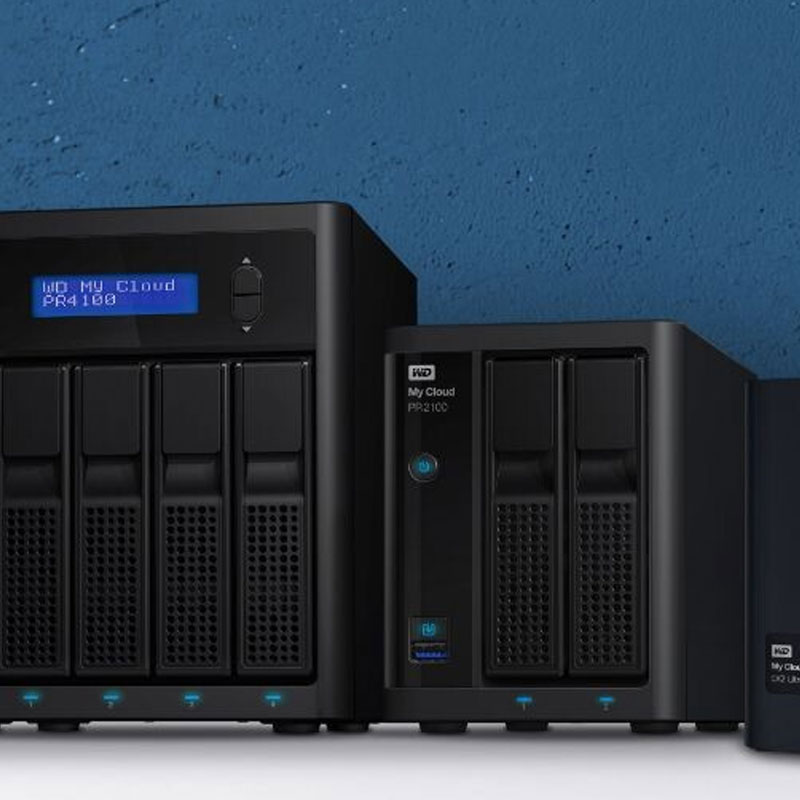Network Attached Storage, commonly known as NAS, is a file-level data storage device connected to a computer network for storing and sharing data with multiple users simultaneously. It is a networked file storage solution that enables users to store and access data from anywhere on the network.
NAS is a separate appliance that functions as a file server, allowing multiple users to share the same pool of storage. It is a cost-effective way of storing data when compared to a dedicated file server. It has an embedded operating system that manages and controls the NAS device’s functions providing users access to data and controlling the data traffic between the NAS device and other network clients.
NAS devices connect to the network using Ethernet cables and provide centralized storage for all devices, as long as they have access to the network. The operating system manages and controls who can access what data on the network by using various methods and configurations such as user permissions and user-specific access controls.
NAS devices are available in various types, shapes, and sizes, and can range from a single disk system to a more elaborate network file server with multiple disks, and they come in different storage capacities catering to the diverse needs of users. Most NAS devices utilize RAID (Redundant array of independent disks) technology to offer a fault-tolerant system that can recover from hard drive failures.
The primary benefits of using NAS are:
- Centralized storage: NAS allows users to store all their data in one place, making it easier to manage, share, and access from any connected device.
- Remote access: NAS enables users to access their data remotely from anywhere, provided they have an Internet connection.
- Cost-effectiveness: Compared to dedicated file server hardware, NAS is less expensive to purchase, use and maintain.
- Ease of use: NAS is easy to set up and operate, and it is available as a plug-and-play device enabling users to access storage and data files with minimal effort.
- Security: NAS devices come loaded with security features such as encryption, user authentication, data backup, and data recovery, which make it secure and reliable.
In summary, Network Attached Storage is a networked data storage device designed to provide dependable and reliable data storage access to multiple users on a computer network. It presents small to medium-sized businesses and remote workers with centralized and scalable storage facilities, which expands as the organization grows. NAS systems provide secure data access, backup, and redundancy options, which safeguard business critical data against accidental loss, file corruption, or even hardware failure. Ultimately, NAS solutions are a cost-friendly and convenient method to ensure seamless data backup and storage, easy file sharing, and secure file synchronization.

